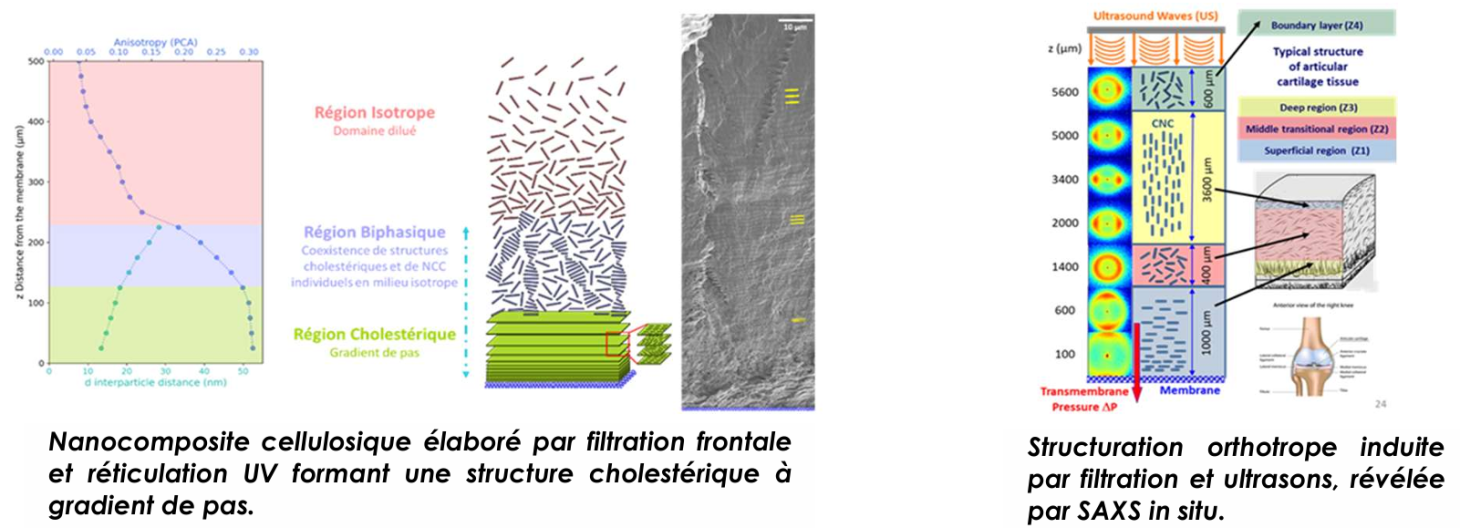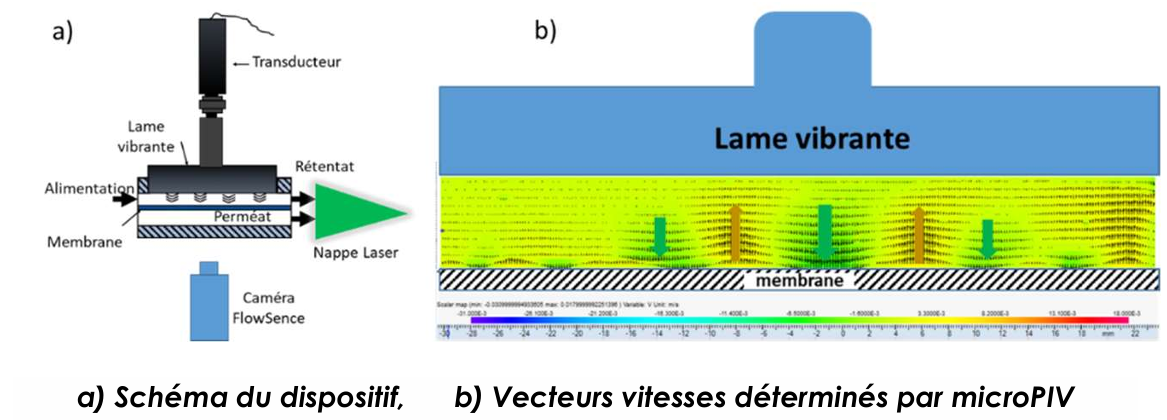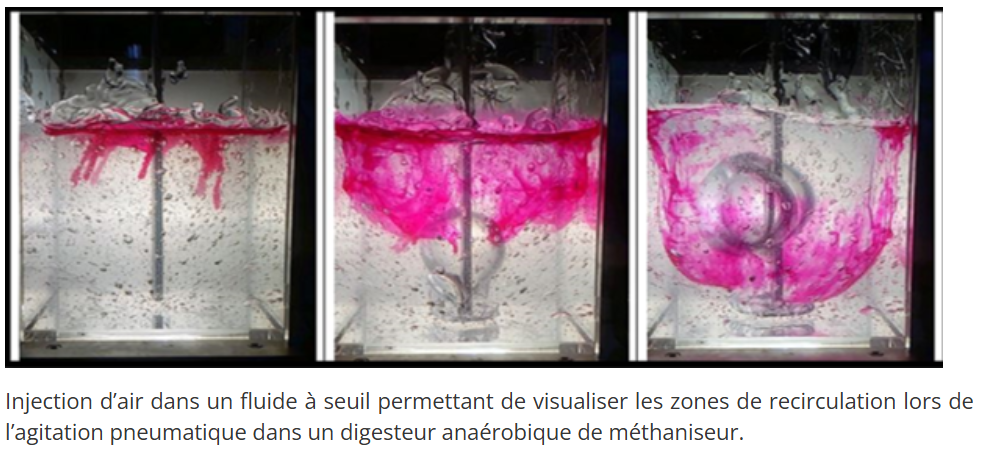- Share
- Share on Facebook
- Share on X
- Share on LinkedIn
This theme aims to understand, control and intensify processes involving industrial or model fluids with complex rheological behavior. Applications cover a wide range of sectors: packaging, energy, agrifood, pharmaceuticals, cosmetics, water and effluent treatment, methanization, selective trapping of organic pollutants.
The materials and media studied are complex fluids, homogeneous or heterogeneous, charged or not: polymers, emulsions, foams, composite and bio-based materials, ionic liquids, effluents, etc. Our approach links process control to an understanding of fundamental flow phenomena and their stability, by identifying active mechanisms at scales relevant to the structure of materials, their flows and external stresses (shear, elongation, pressure, ultrasound, concentration or thermal gradients).
This research is structured along three lines:
- Bio-based materials : reducing carbon emissions and promoting a circular economy based on plant biomass.
- Intensification of processes by ultrasound : investigating the phenomena induced by ultrasonic fields and their role as activation methods in processes.
- Environmental processes : develop large-scale processes for the production of renewable energies (methanization) and design ionic compounds for the selective trapping of pollutants.
Bio-composites and bio-degradable plastics
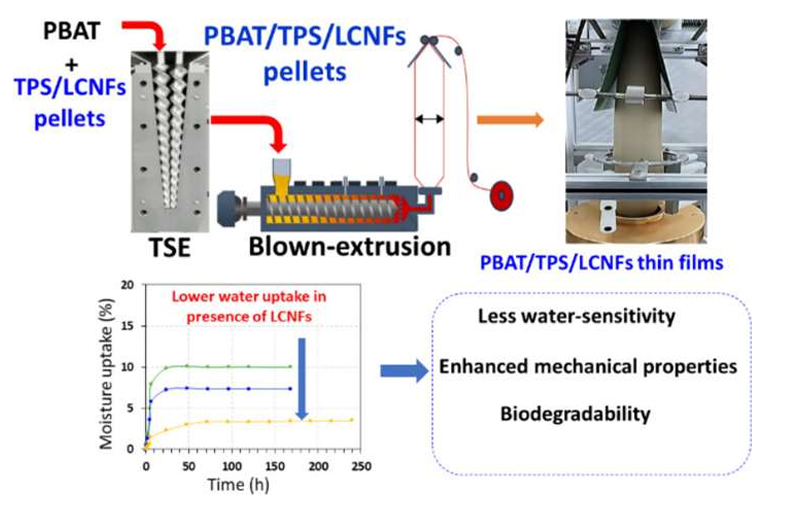
Improved heat transfer
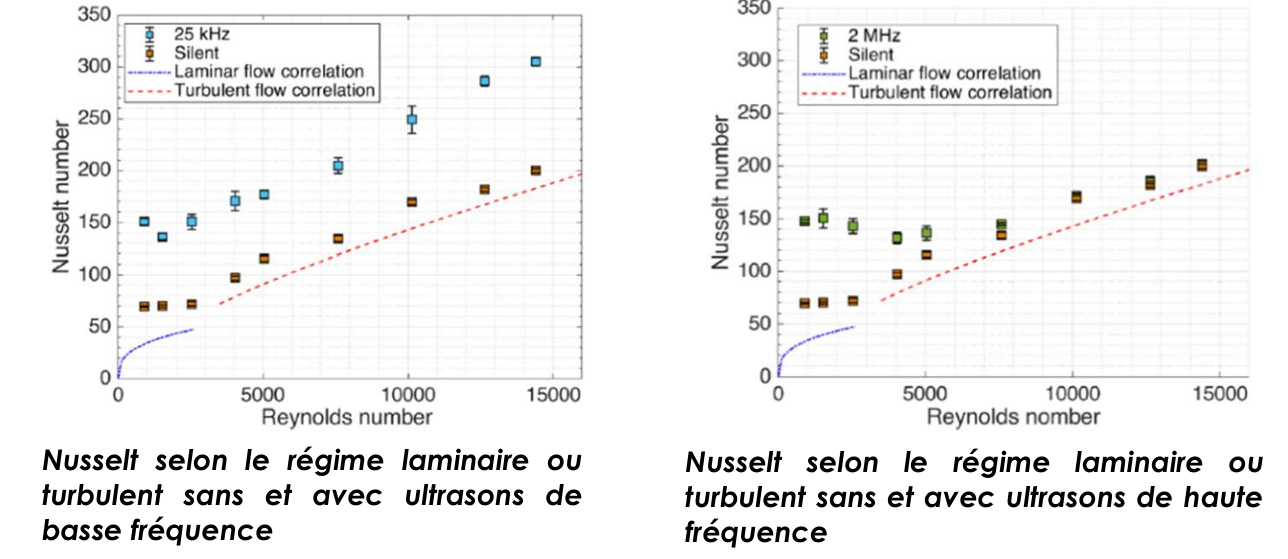
Reactivity at the solid/liquid interface
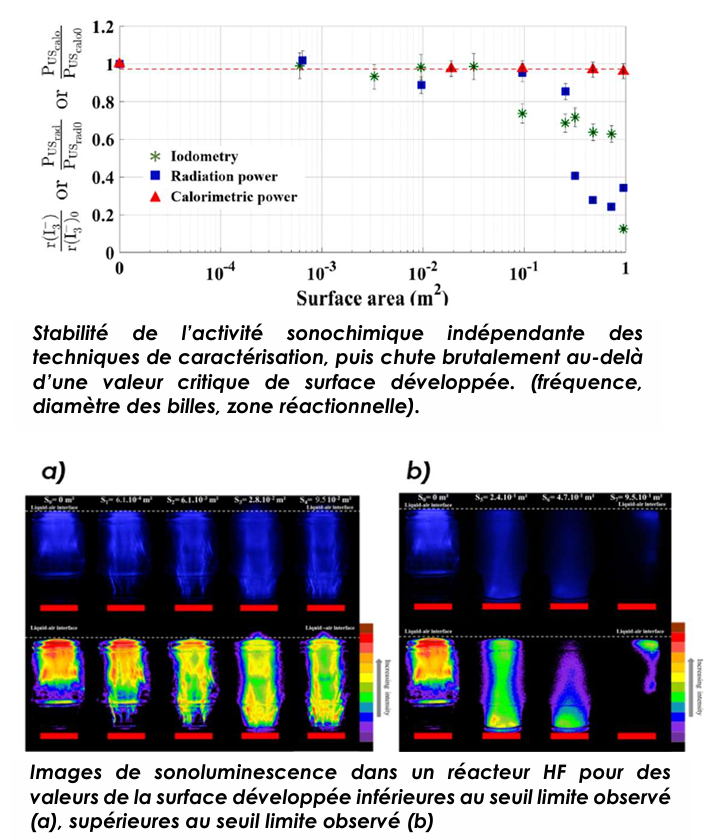
Biomass valorization
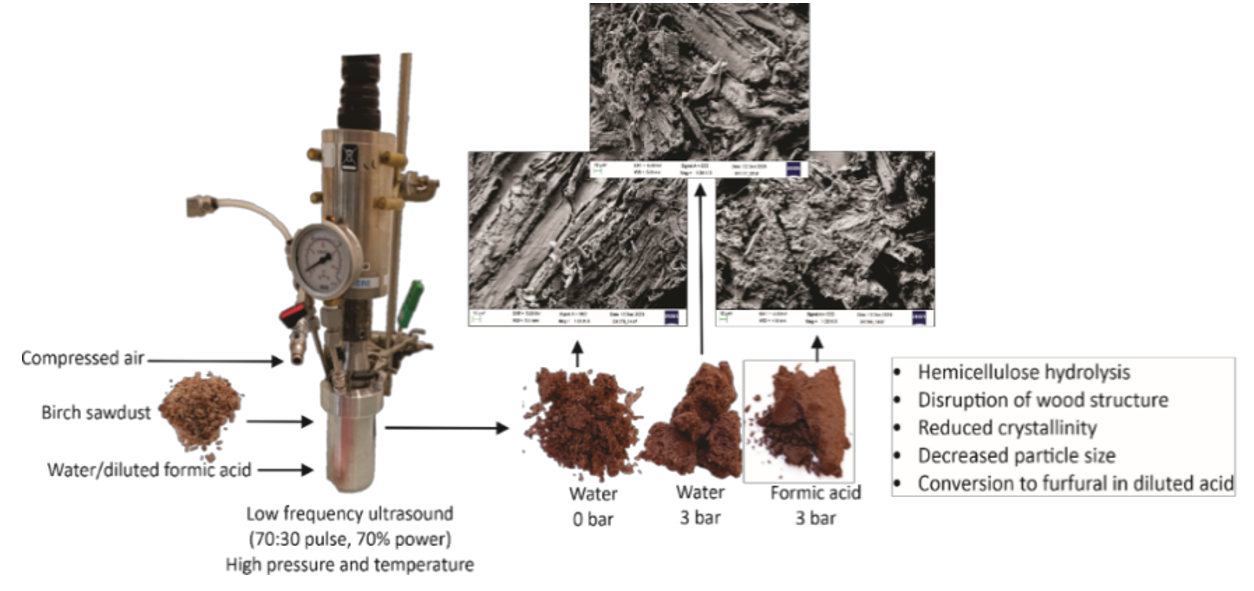
Esoteric ionic solvents
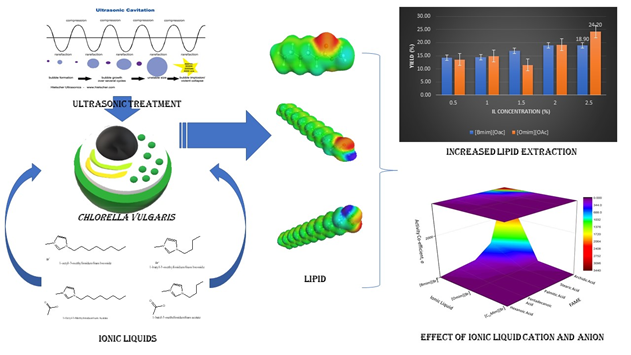
Soil remediation
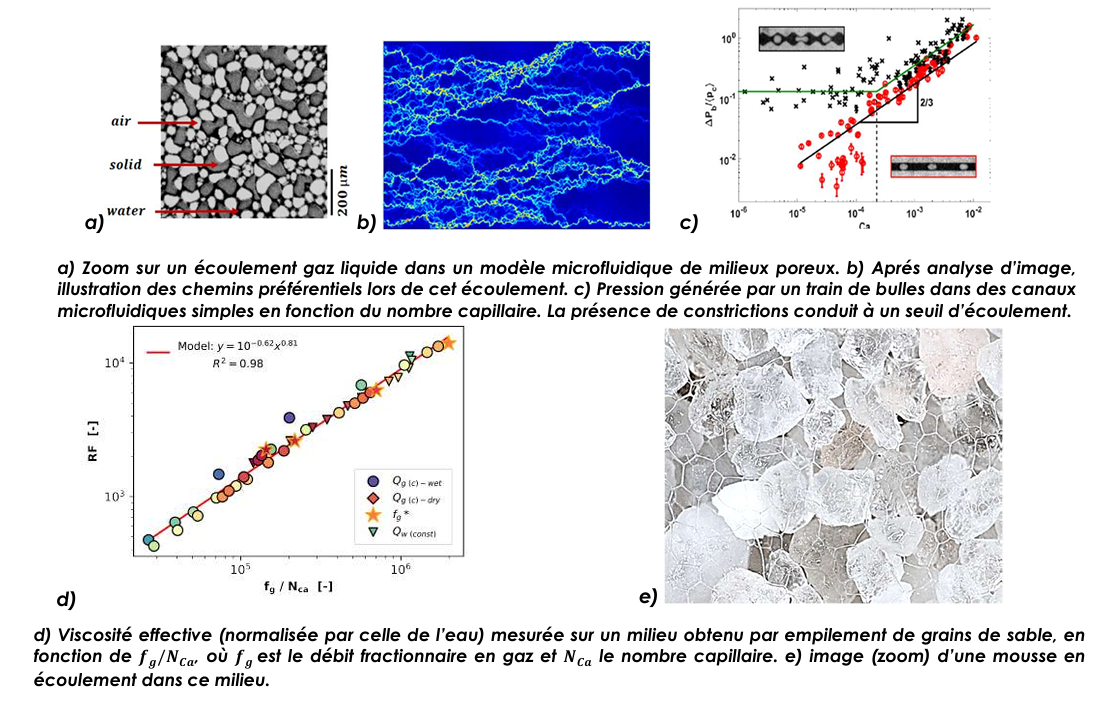
Wastewater treatment
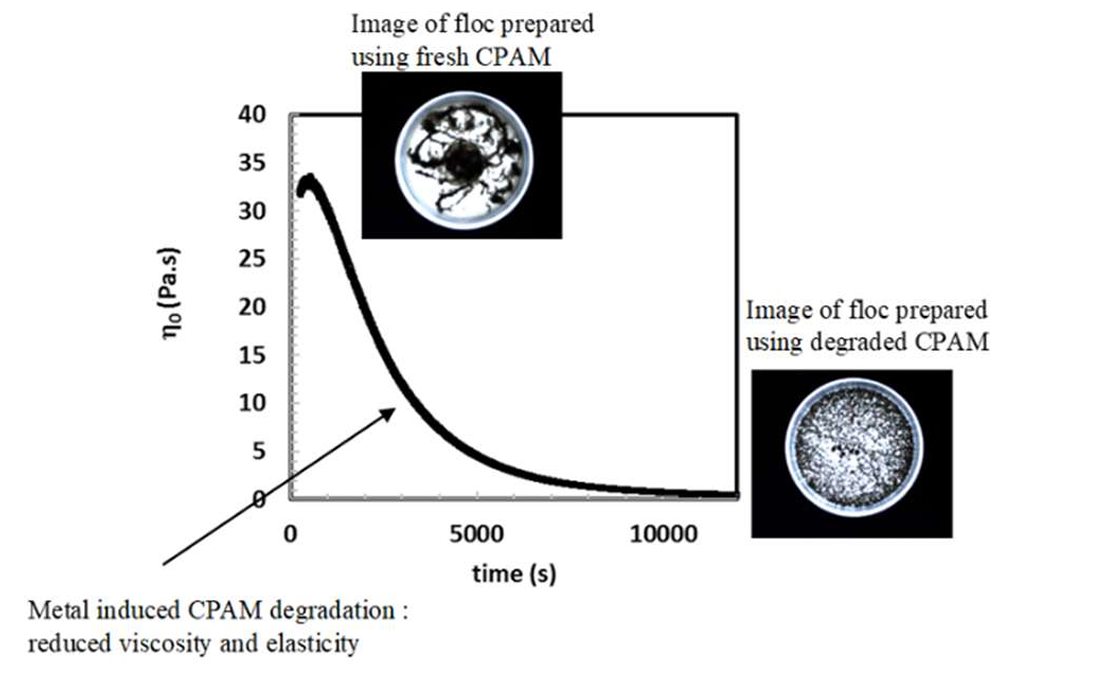
- Share
- Share on Facebook
- Share on X
- Share on LinkedIn

